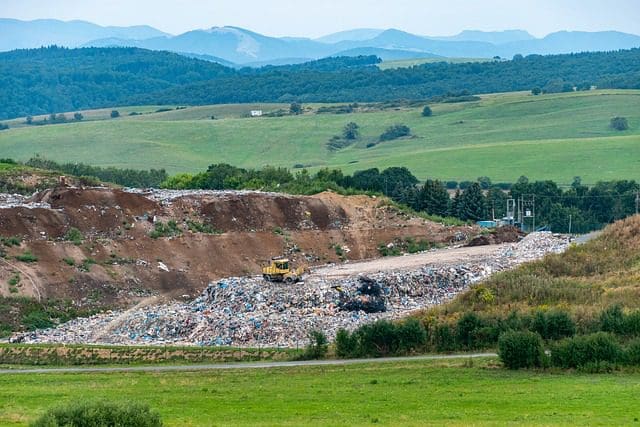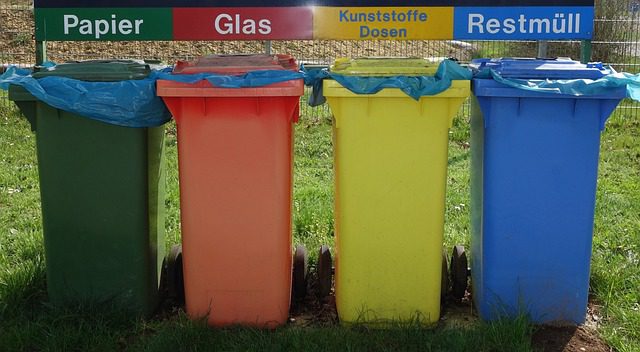Waste management is an important part of modern life, and it is essential for a healthy and sustainable environment. It involves the collection, transportation, and disposal of waste materials safely and efficiently. Waste management includes activities such as monitoring, planning, controlling, preventing, minimizing, disposing of waste materials, and recovering resources from them. The main goal of waste management is to reduce the amount of waste produced and ensure that any hazardous substances are properly handled. This can be done through recycling programs or other initiatives encouraging people to reduce their consumption or reuse materials instead of discarding them. By doing so, we can help protect our environment while also creating economic opportunities for both individuals and businesses alike.
Definition of Waste Management
Waste management is the process of collecting, transporting, disposing, and managing all types of waste materials to reduce their impact on the environment. Waste management involves not only the collection and disposal of waste material but also its recovery and reuse. The goal of effective waste management is to reduce the amount of waste created while minimizing any negative effects on human health or the environment. A waste disposal company in Singapore is responsible for the collection, processing, and disposal of various types of waste, including industrial, commercial, and household waste.
Waste can be classified into three categories: hazardous materials, recyclable materials, and general refuse. Hazardous materials include chemicals, radioactive substances, medical wastes, and other toxic substances that can cause harm if not disposed of properly. Recyclable materials are those that can be reused or recycled for other purposes, such as paper products or metals that can be melted down for new products. General refuse includes food scraps, yard clippings, and other non-hazardous items that cannot be reused or recycled.
The first step in waste management is collection and sorting; this ensures that hazardous materials are separated from non-hazardous ones so they can be disposed of safely without posing a risk to people’s health or environment. Collection services usually involve containers placed in designated areas where people can deposit their wastes for proper disposal; these containers may include bins for recyclables.
Benefits of Properly Managing Waste
In today’s world, waste management is becoming more and more important. Not only does proper waste management help to protect the environment, but it can also provide a variety of benefits that go beyond just environmental protection. Here are some of the key benefits of properly managing waste:
1. Improved public health: Properly managing waste helps to reduce health risks by removing potential sources of contamination from the environment. This includes reducing the spread of disease-causing microorganisms and preventing hazardous chemicals from entering water supplies or food sources.
2. Reduced pollution: Waste that is not managed properly can release toxins into the air, soil, and water, leading to air pollution, soil contamination, and water pollution. By properly managing waste streams through recycling or other strategies such as composting or incineration, pollutants can be reduced significantly in order to preserve our natural resources for future generations.
3. Lower costs: Properly managing waste can lead to cost savings in several ways, including reducing disposal costs by reusing materials or finding new ways to dispose of them responsibly; recovering valuable materials such as metals for reuse; and avoiding fines associated with improper disposal practices like illegal dumping which often carries hefty penalties if caught in violation by authorities.

Conclusion:
Effective management of waste is essential for preserving our environment and preventing the depletion of natural resources. Proper waste management is essential for minimizing pollution, reducing greenhouse gasses, and conserving energy. It also prevents diseases due to improper disposal of hazardous materials. Governments should implement policies, regulations, and incentives to encourage individuals, businesses, and industries to properly manage their waste. In addition, educational programs should be developed to educate the public on proper waste management practices.
Featured Image by Michael Schwarzenberger from Pixabay




